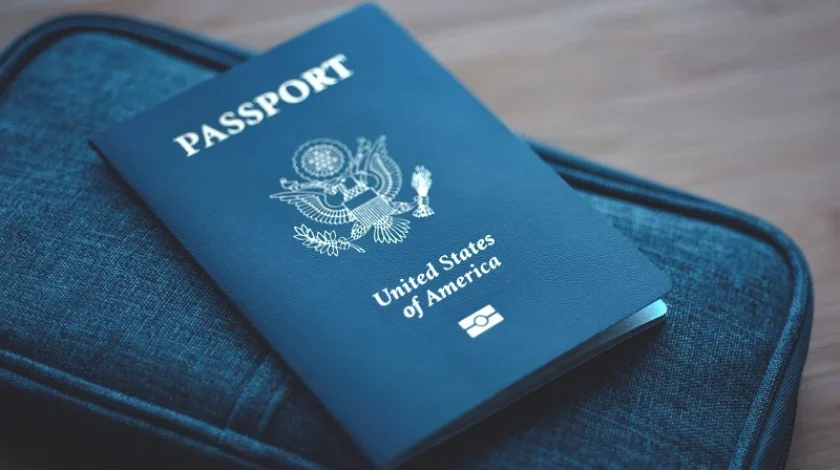Many Australian businesses rely on employing skilled migrants to fill positions that are difficult to recruit from the Australian labour market. The types of visas that employers can sponsor skilled migrants for include the Temporary Skill Shortage visa (subclass 482), the Employer Nomination Scheme visa (subclass 186) and the Skilled Employer Regional visa (subclass 491). These employer sponsored visas require the employer to sponsor the employee and involve the employer paying for a proportion of the costs required to sponsor that employee.
Employers may also have employees working for them that are on visas that do not require the employer’s support to obtain, such as the Working Holiday (subclass 417) visa, or the student (subclass 500) visa. However, when the Working Holiday visa or student visa is due to expire, it is at that stage that the employee will often turn to the employer for assistance in the form of sponsoring them for an employer sponsored visa.
When an employee’s visa gets refused, it can be quite stressful for both the employer and the employee. If a visa is refused, the employee generally has 3 options:
- attempt to relodge the visa application and obtain a different outcome, being a visa grant;
- appeal the refusal decision to either the Administrative Appeals Tribunal or the Federal Court (the correct body to lodge the appeal application with will depend on the basis for appealing the refusal decision. The Tribunal can only deal with merits appeals, whilst the Courts will only deal with appeals involving jurisdictional error. You should seek legal assistance to determine the correct body to appeal to); or
- accept the refusal decision and make arrangements to depart Australia.
For most employees and employers, leaving Australia is the least preferable option. Therefore, what should you do if your employee’s visa application is refused – relodge or appeal?
The first thing to ask when deciding this question is – whose mistake was it? If the visa application was refused because of your error (or that of the employee’s or agent’s) in failing to provide a required document, or because the information or evidence provided was insufficient, but you believe nonetheless that the employee actually meets the requirements of the visa, then it may be worth appealing to the Tribunal with better evidence and documentation.
However, if the employee does not in fact meet the requirements of the visa, then appealing may not be the right solution. If you do choose to appeal, you need to be prepared for the Tribunal to affirm the Department’s decision to refuse the visa application. However, if you have a decision of the Tribunal affirming a refusal decision of the Department, you can then consider making a request for Ministerial Intervention and asking the Minister to intervene if you believe there are compelling or compassionate circumstances that warrant the grant of the visa.
Before lodging an appeal application, you should seek advice to determine your prospects of success. However, this needs to be done in a timely manner as you often only have 21 days from date of the visa refusal decision, to lodge an appeal to the Tribunal.
In a few cases, the Department may have made a “jurisdictional error”, that is, they may have applied the law incorrectly, or made a decision outside of their power to do so. In these cases, the individual may have the option of appealing the decision to the Federal Circuit Court.
The option of lodging a fresh application and “giving it another go” is one to seriously consider especially if the employee is not on a bridging visa at the time of the refusal decision, and still holds a valid visa that is not due to expire for some time (say at least 2-3 months), which gives the you or the employee sufficient time to lodge a new application. The cost of this option would be the cost of further professional fees of a migration lawyer or agent (if using one), and the costs of the Department will need to be paid again.
However, if your employee is on a bridging visa at the time of the visa refusal, which is the case for many employees, “giving it another go” will not be as straightforward. This is because they may be subject to a s.48 bar. Section 48 of the Migration Act essentially provides that if an individual is in Australia and does not hold a substantive visa (that is, no valid visa, or holds a bridging visa) and they have had a visa refused while in Australia, then they can only apply for a select few types of visas if they wish to remain in Australia to lodge the further visa application. If the individual wishes to apply for a visa that is not one of the select few allowed, then they need to lodge the visa application offshore.
If the individual is able to lodge another visa onshore, they will still need to meet further requirements found in Schedule 3 of the Migration Regulations. The Schedule 3 requirement that is most problematic for individuals that have had their visa refused is known as Condition 3004, which requires the individual to demonstrate that the reason they do not hold a substantive visa (which is any other visa except for a bridging visa) is due to factors outside of their control. They must also demonstrate that there are compelling circumstances that apply to them that justify the issuance of the visa.
Having a visa refused is a stressful situation and before lodging an appeal application or a further visa application, it is prudent to obtain some advice so as to make sure you’re on the right path, and that you’re not going to be wasting money, time and energy on pursuing a pathway that will only result in a further refusal of the visa.
If you would like employment law assistance, contact our Employment Law Team.














